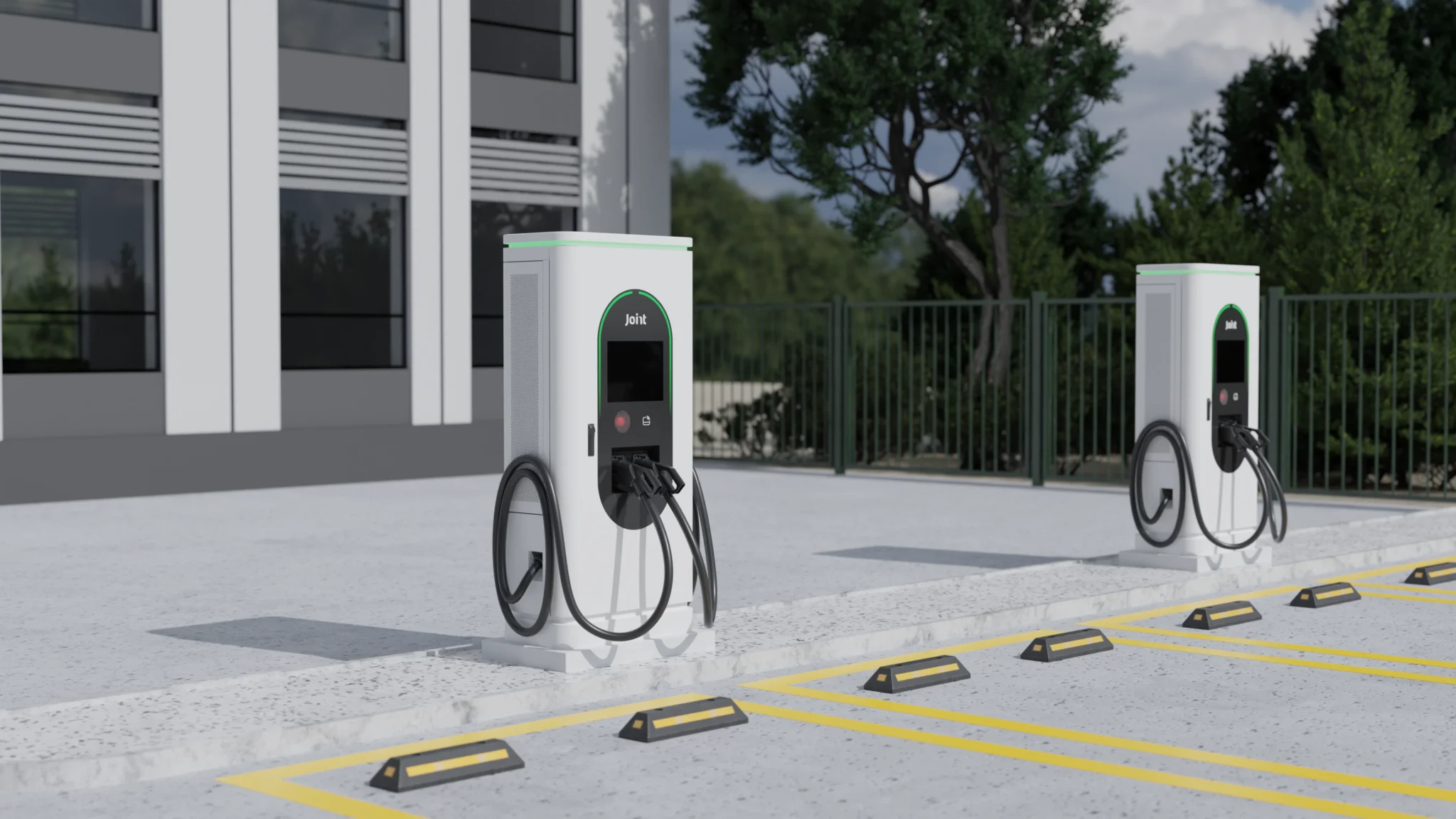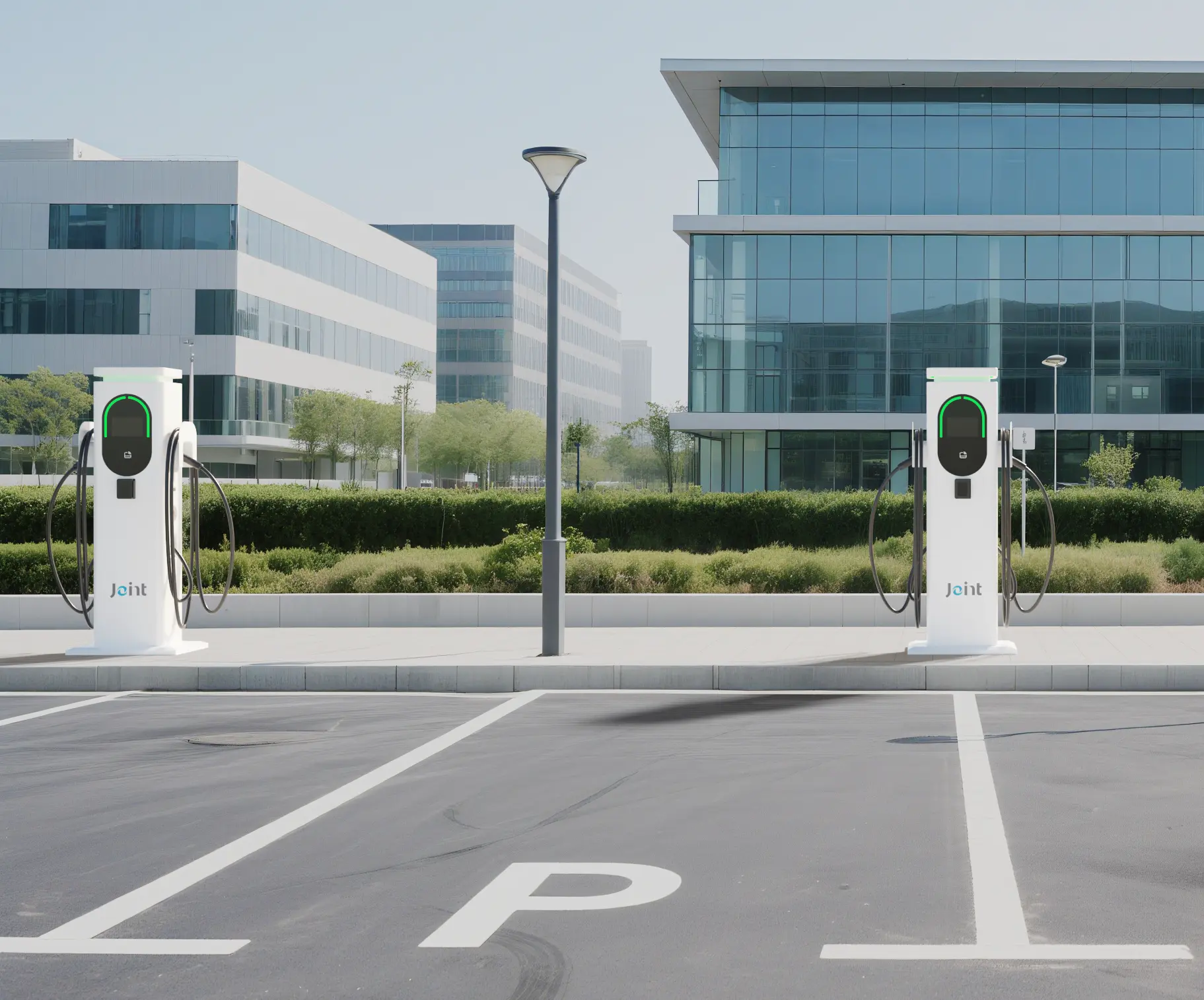
Vehicle-to-Grid (V2G): The Future of EV Charging and a Smarter Energy Grid
Vehicle-to-Grid technology is redefining the role of electric vehicles, turning them into dynamic energy assets that benefit drivers, utilities, and the planet.



Vehicle-to-Grid technology is redefining the role of electric vehicles, turning them into dynamic energy assets that benefit drivers, utilities, and the planet.

At this ACT Expo, Joint Tech will unveil its latest advanced commercial Level 2 charging solution, designed to enhance the user experience. Meanwhile,powered by new technology, our commercial chargers effectively address multiple challenges encountered in real-world applications.

The new tariffs imposed by the United States have once again caused global economic tension.In order to respond to the impact on the global supply chain, Joint new factory in Malaysia offers favorable tax rates.